
Workers are busy packaging goods at an e-commerce industrial zone in Lianyungang, Jiangsu province, as China's Singles Day shopping festival starts. (Photo by Geng Yuhe/for China Daily)
JD Logistics said it will invest $156 million to build a green supply chain
This year's Singles Day shopping festival has become a new battlefield for major e-commerce platforms, which have beefed up efforts to harness cutting-edge technologies to enhance logistics efficiency, lower delivery costs as well as gain an edge in the fiercely competitive marketplace.
JD Logistics, the delivery arm of e-commerce giant JD, now operates over 1,200 warehouses, including 39 Asia No 1 intelligent logistics parks nationwide. The company said the smart logistics network provides strong support for stable service during the Singles Day promotion in November every year.
Smart technologies, ranging from automated sorting to unmanned warehousing and robots, are employed in the highly automated warehouses. The parks are expected to enhance logistics capacity and help handle the surging number of parcels in the country.
The warehouses deeply integrate state-of-the-art technologies, such as deep learning, big data, operations research and machine vision system recognition, which enable them to deal with millions of stock keeping units covering hundreds of categories.
Through algorithms and supply chain planning, JD is able to place products at the place that is nearest to customers. This model enables customers in over 300 cities that buy presale products to have the chance to receive orders within hours or even minutes.
JD Logistics announced last month it will invest 1 billion yuan ($156 million) to establish a green supply chain system so its carbon efficiency can rise 35 percent within the next five years. It will continue to expand its investment in cutting-edge supply chain technology to improve operational efficiency, cut costs and reconstruct its business model, said JD Logistics CEO Yu Rui.
Yu said they will apply thousands of autonomous delivery vehicles in the next two to three years. So far, JD Logistics' autonomous delivery vehicles have been used in 25 cities across the nation, with about 2 million orders filled.
"The digital transformation of logistics, which includes the application of artificial intelligence, robotics, cloud computing and blockchain technologies, will make a huge contribution to the industry and society," said Wu Hequan, an academician with the Chinese Academy of Engineering.
Cainiao Network, the logistics arm of Alibaba Group, together with Alibaba's Damo Academy, announced that a total of 350 unmanned delivery vehicles named Xiaomanlv were put into operation in more than 200 universities in over 70 cities across the nation to deliver parcels during the Singles Day shopping festival period.
The unmanned vehicles can automatically calculate optimal routes and avoid obstacles. More than 1 million parcels have been delivered by the unmanned vehicles during the shopping spree, the company said.
The vehicle has Level 4 autonomous driving capability and industry-leading competitiveness in intelligence, safety and mass production, said Wang Gang, head of the autonomous driving laboratory at Damo Academy.
Cainiao Network also announced a series of steps to boost its overseas logistics capabilities for the Singles Day shopping gala, which include chartering more than 300 flights with cargo capacity of over 30,000 metric tons to expedite delivery of goods from China to overseas consumers.
To enhance cross-border shipping efficiency in Europe, Cainiao launched seven overseas distribution centers in Spain, France, Germany, Italy, Belgium, Russia and Hungary ahead of the promotion gala.
For instance, the distribution center in France is located in Paris and covers an area of nearly 20,000 square meters. The center is equipped with fully automated sorting equipment and other smart logistics system to reduce operational costs by over 50 percent.
Moreover, chartered flights in places like South America were recently raised to seven flights per week from three flights a week last year. This number is expected to increase dramatically during the shopping festival.
Delivery giants are aware of the significance of intelligent logistics, said Lu Zhenwang, CEO of Wanqing Consultancy in Shanghai, adding they have invested heavily in the intelligent logistics sector on things like drones, robots and driverless cars to gain the upper hand in the fiercely competitive market.
Lu said, however, that it will take a long time for unmanned delivery services to become commercialized on a large scale.








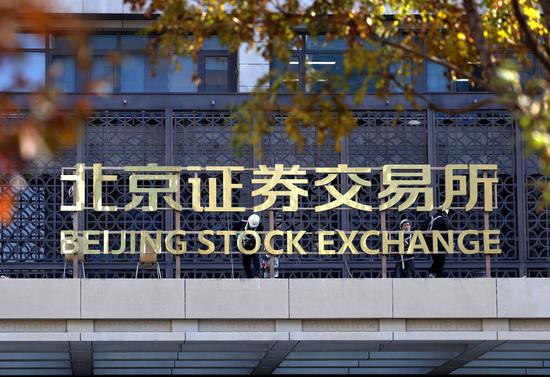

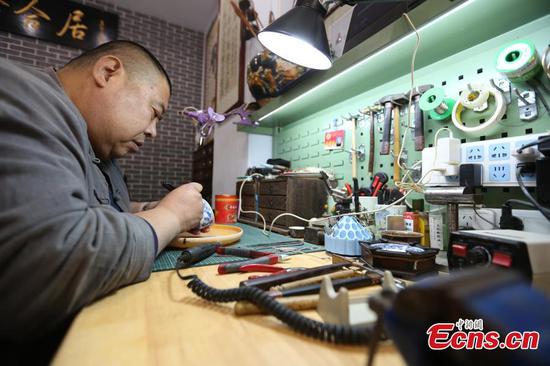
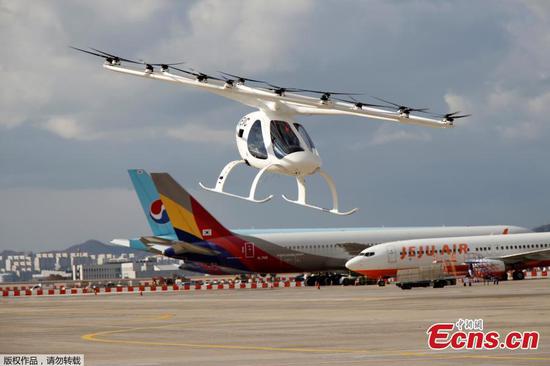




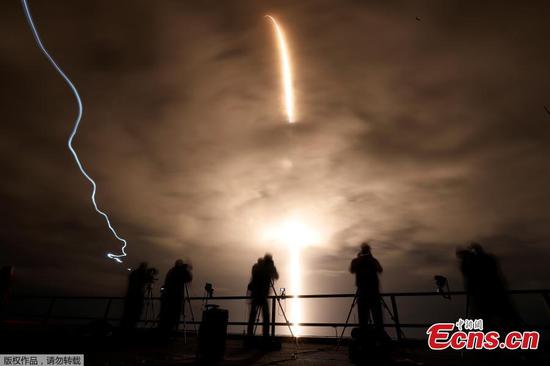


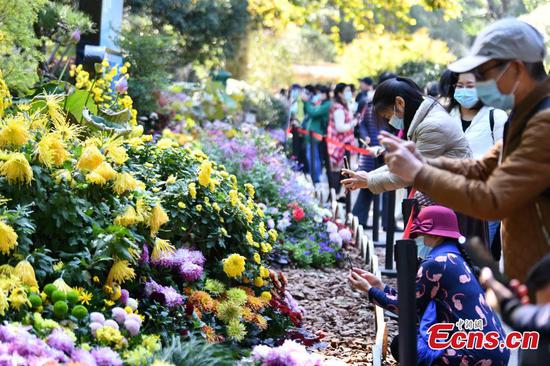

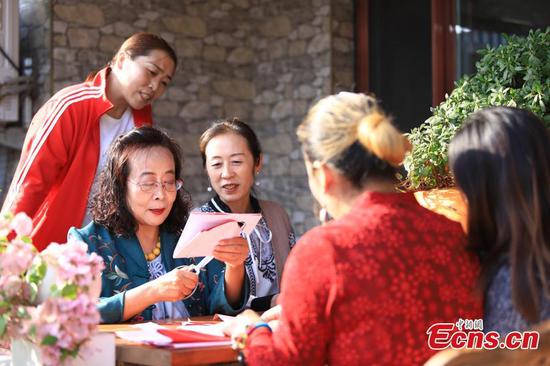




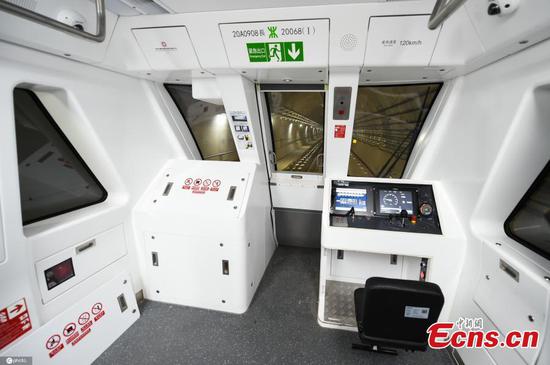

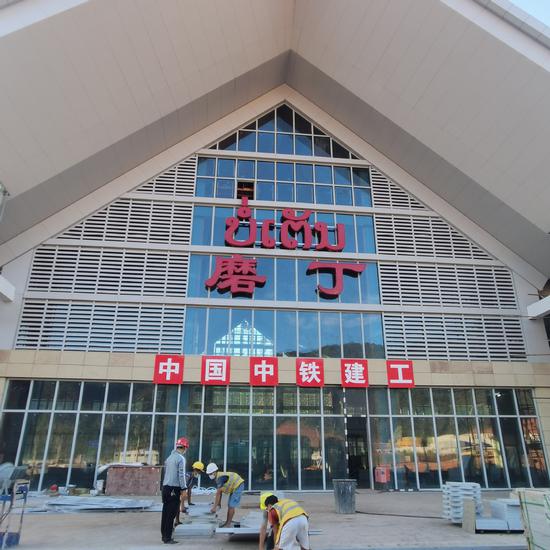

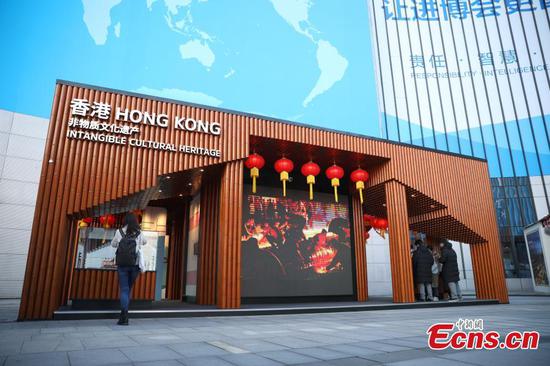
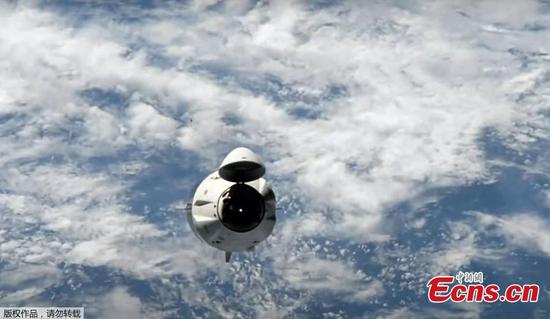





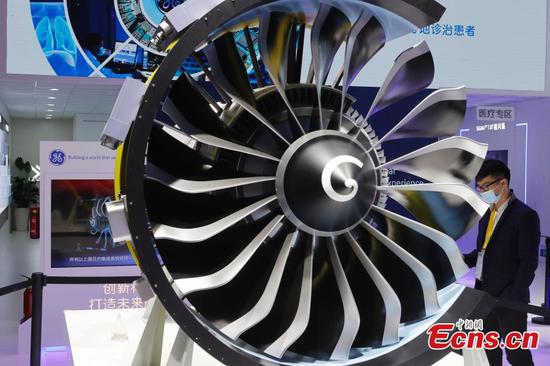

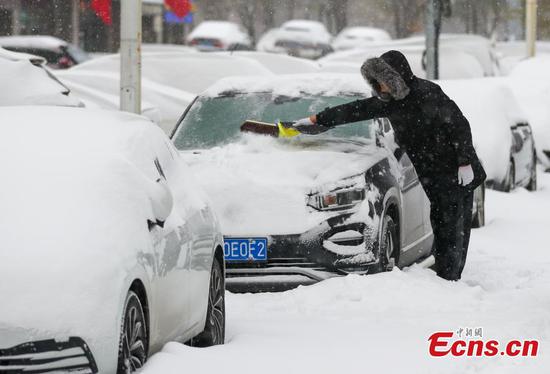


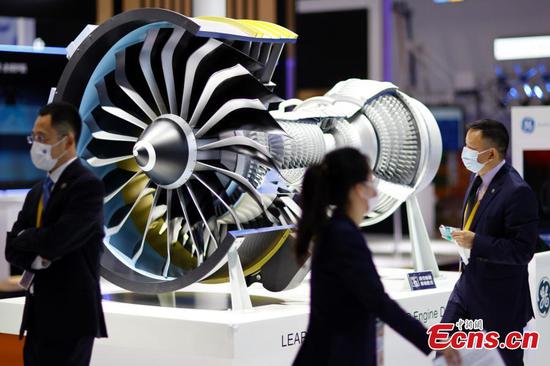







 京公网安备 11010202009201号
京公网安备 11010202009201号